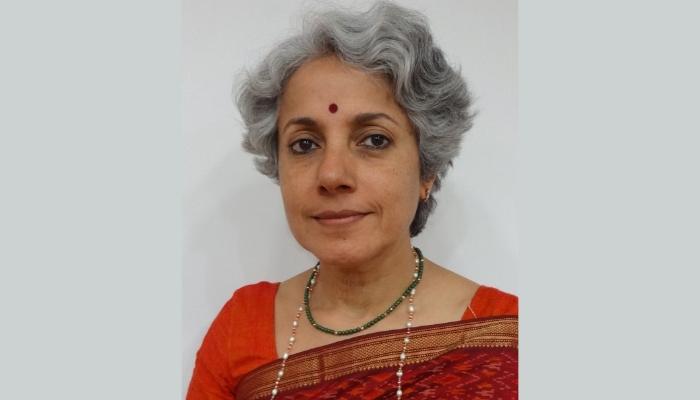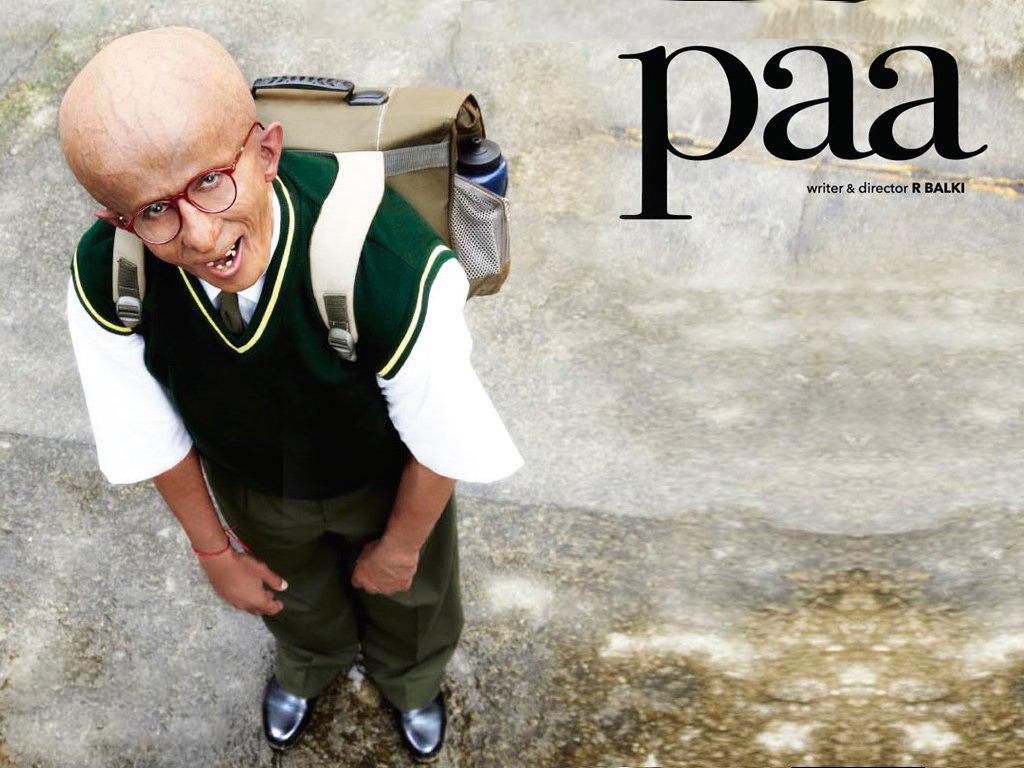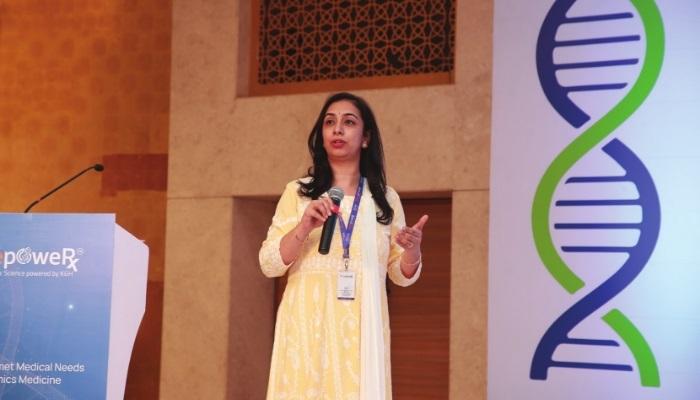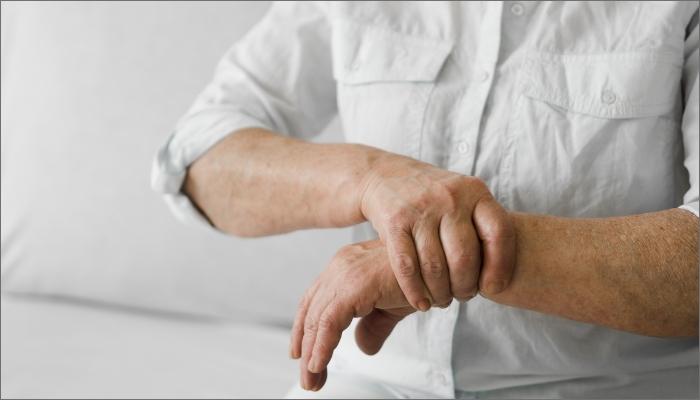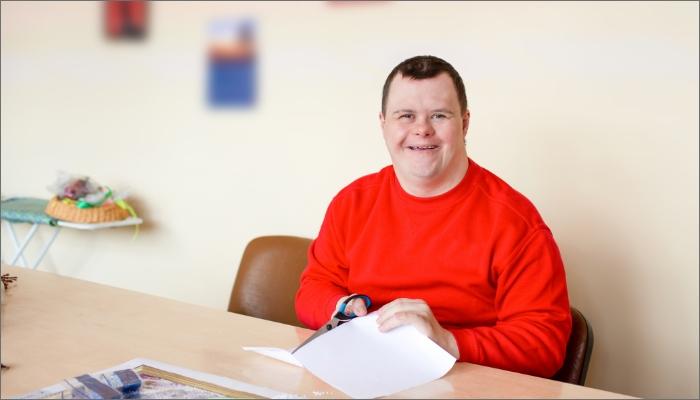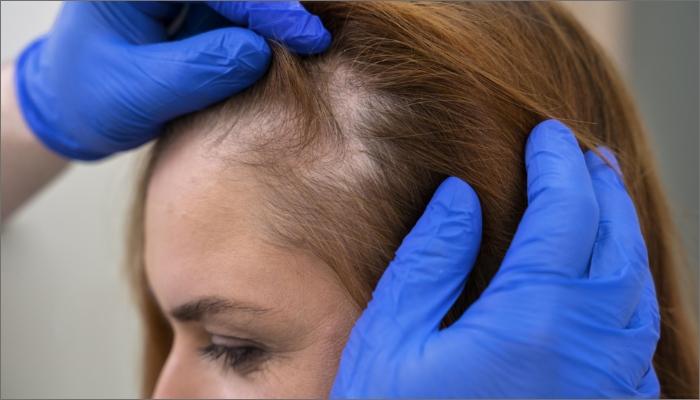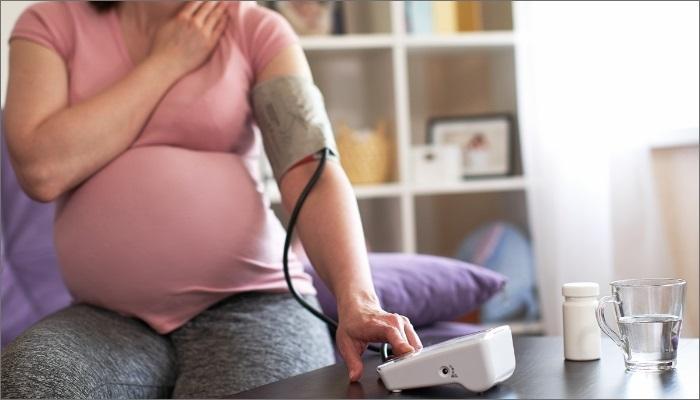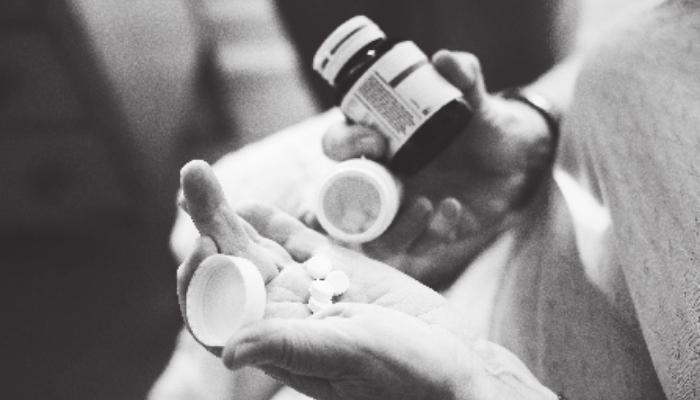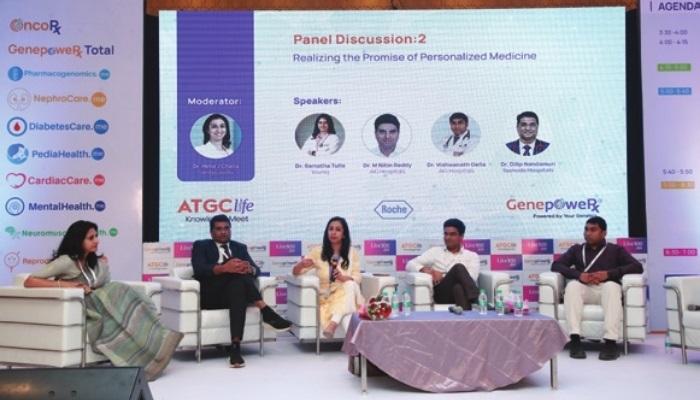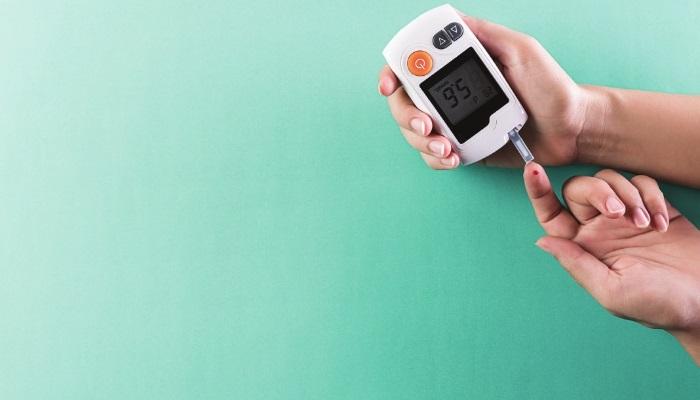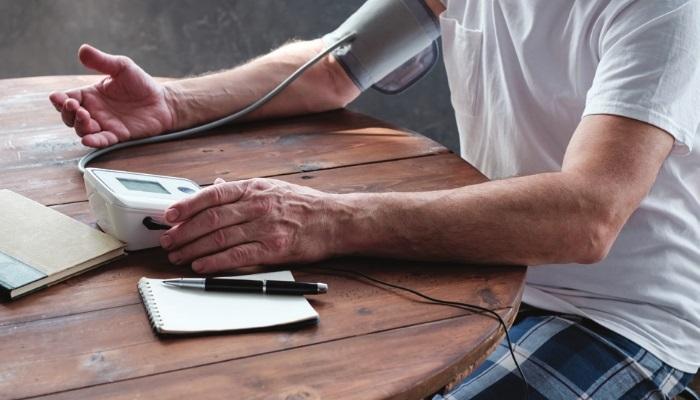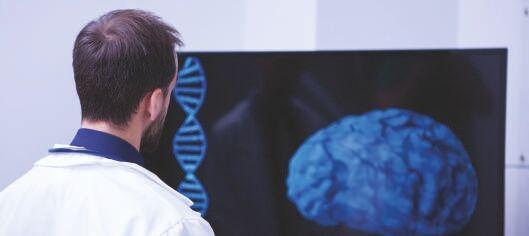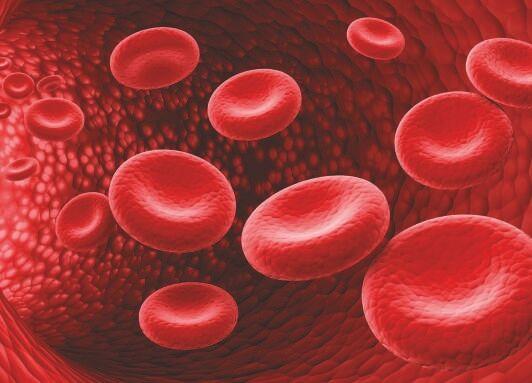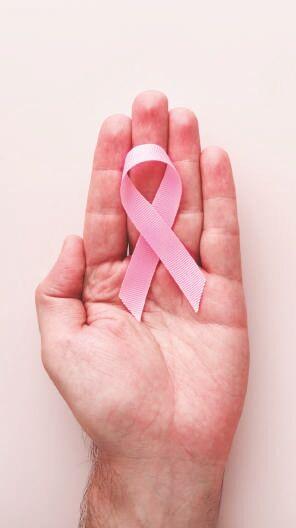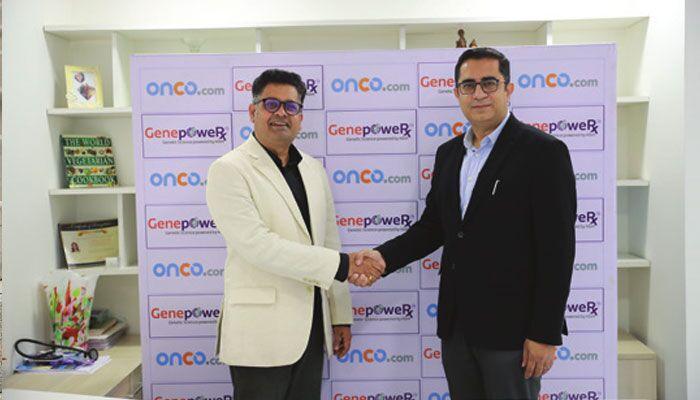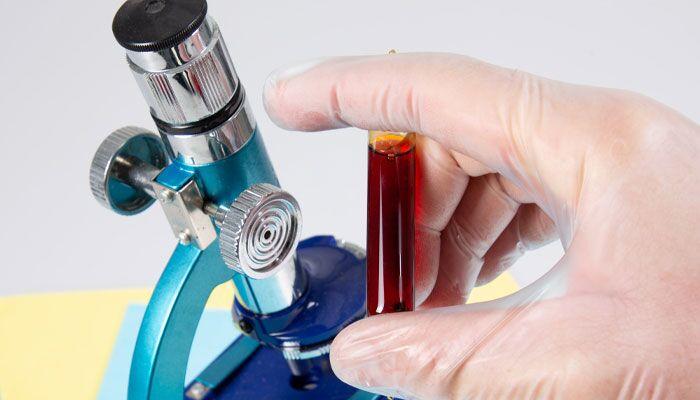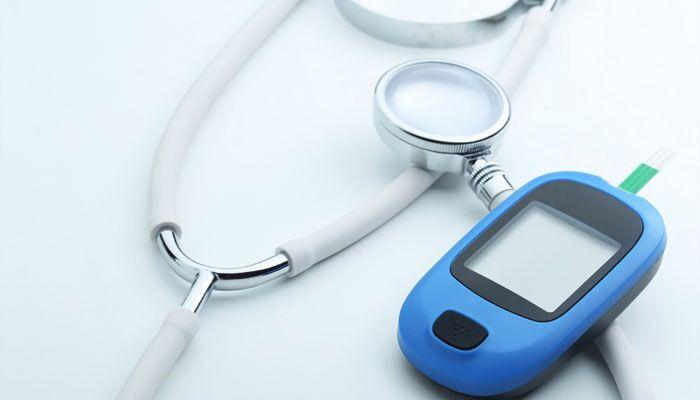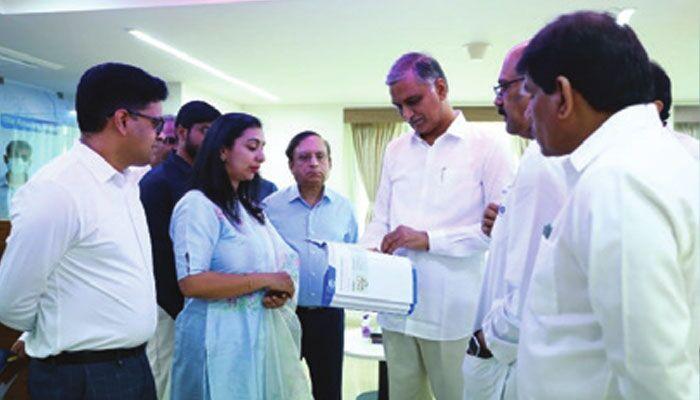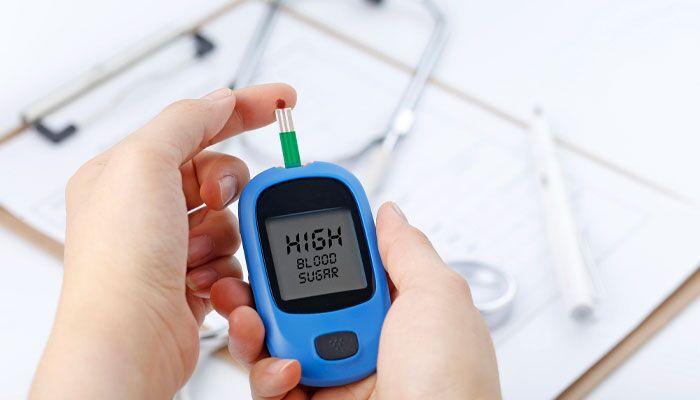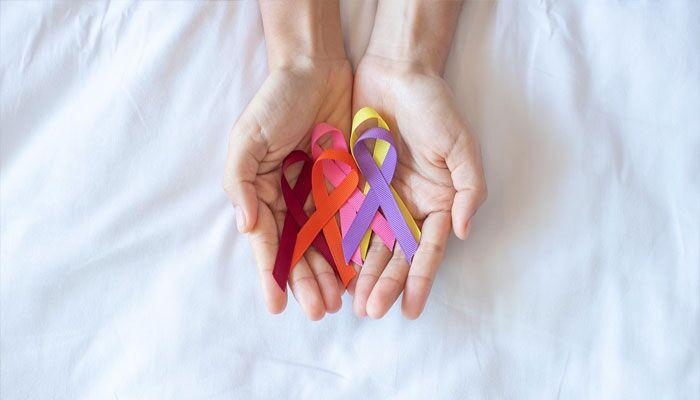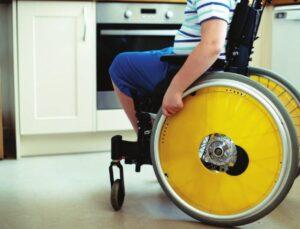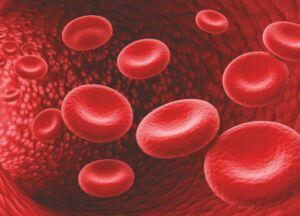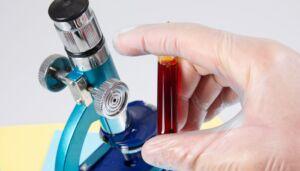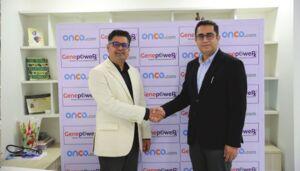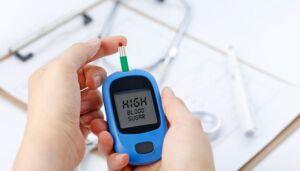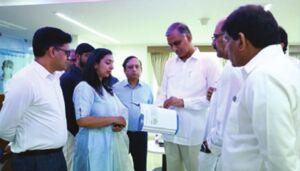
Q & A session : BRCA1 and BRCA2 Screening & Prognosis

BRCA1 and BRCA2 Screening & Prognosis
The first question from the audience concerned BRCA1 and BRCA2, as there are two schools of thought and people in the medical fraternity consider one as a screening and the other as a review, where when treatment is started, BRCA1 and BRCA2 are considered to see the prognosis. Is this panel recommending that as a screening? or primarily for review?
Dr. Vamshi answers, saying he doesn’t think there’s a straight answer to that and that it’s individualized. When looking at a normal person who is not a patient, there are clear guidelines on when you would do a BRCA1 or BRCA2 test because we only advise it to people who have a family history and are at risk, and we do not advise a person who does not have a family history to get this test done. In the case of a patient with cancer, there are two implications: first, to look at the genetic cause; and second, there are certain drugs that have been developed that will be effective if there’s a BRCA1 or BRCA2 mutation, and that’s when the test is advised. Dr. Vamshi also feels this is an evolving field, and the answer is not an absolute yes or no; it depends on each patient and how you test for them.

Dr. Kalyan says that at the genomic level, it is always very difficult to interpret BRCA1 and BRCA2 because the whole reported mutations for BRCA1 and BRCA2 alone are almost 20,000, and out of them, how many mutations will a commercial company test? They may number in tens of thousands because they are known to be pathogenic, which means that with our current knowledge and testing, we can only conclude that there are no pathogenic mutations. Whether it is useful for the patient or not is inconclusive except for cancer patients because the testing is more in-depth and we get to know about copy number variations (CNVs) as well, but testing the sample for somatic mutations is completely different from testing it for germline mutations. Dr. Chinnababu also adds one comment, saying that testing for BRCA1 or BRCA2 for routine screening of breast cancer is not at all recommended anywhere for sure and that it’s only for high-risk people with familial history.
The person also thanked Dr. Sudha for mentioning that cancer should go to the extent of at least becoming treated like a chronic disease. He thinks the day is not so far, and talking about just pressing it and getting an elicited response with even treatment, he also thinks that the day is not so far because very recently he was involved in one project with Arogya AI, a company that is doing artificial intelligence on tuberculosis, which can become an extension for cancer and elicit one such response.
Patient Support Programs for Testing

The last question from the audience was about if there were any patient support programs for testing from the companies performing the test that could be done even in the government sector for free or highly subsidized prices.
Dr. Sudha answers and says that these patient tests that are done by the companies that sell the drugs and are like deals in the mall; sometimes they may be available, sometimes not. Right now, there is one company that does BRCA1 and BRCA2 mutations for free, which was not the case three months ago, when there was one company that did BRCA1 and BRCA2 for eight thousand five hundred rupees, so it appears that the dynamic is shifting. As an oncologist, she uses it for two things 90% of the time when such offers are present. She is using it for patients who, even if the test is positive, will not use the drug. But we want that information for the patient, and the company, in her opinion, is accounting for that whenever they are doing it, and if a patient cannot afford the test, it can give an estimation of whether or not they can afford the drug. Sometimes there are generic variants available, so the international and brand companies give the test at a lower cost, so the generic can be done after the branded test.
